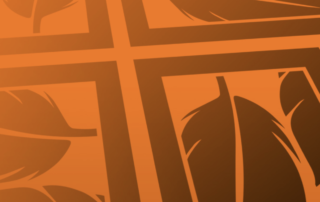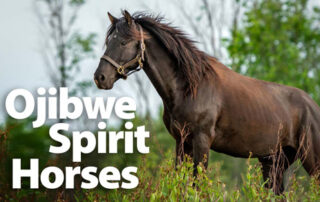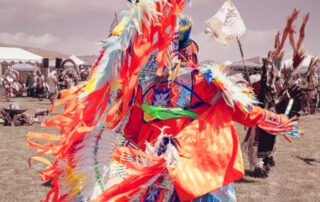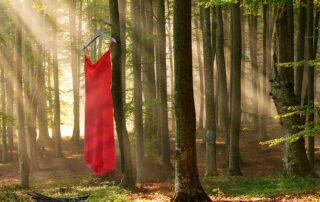Recent news
Recent news
Renaming and Reconciliation
Thank you to everyone who joined us on August 17 and August 19 for the "Renaming and Reconciliation" webinar. Over 500 people registered for this important discussion.
Know History at Historic Calgary Week
Our Calgary team had a great week participating in Historic Calgary Week hosted by Chinook County Historical Society. We attended online and in person events around the city and presented at two seminars.
An introduction to Canadian Residential Schools
On July 13 and 15, Know History hosted an introductory webinar explaining the history of the residential school system in Canada, its origins, policies, and impacts.
Ojibwe Spirit Horses
Trina Simard, Producer of the Summer Solstice Indigenous Festival and avid Equestrian, recently met with CTV to share the story of four rare and endangered Ojibwe Spirit Horses brought to the National Capital Region by Indigenous Experiences.
Summer Solstice Indigenous Festival
We are very excited to be sponsoring the 2021 Summer Solstice Indigenous Festival! Know History is sponsoring the Traditional Knowledge segments featured during the International Pow Wow Competition, and the Family Cultural Connections Program!
Indigenous Women and Violence: Reflecting on MMIWG two years after the Inquiry’s Final Report
As a society, we are used to speaking about violence in the language of crisis. Stories reported in the media often focus on a moment in time – the combination of factors that, when combined, lead to death.








